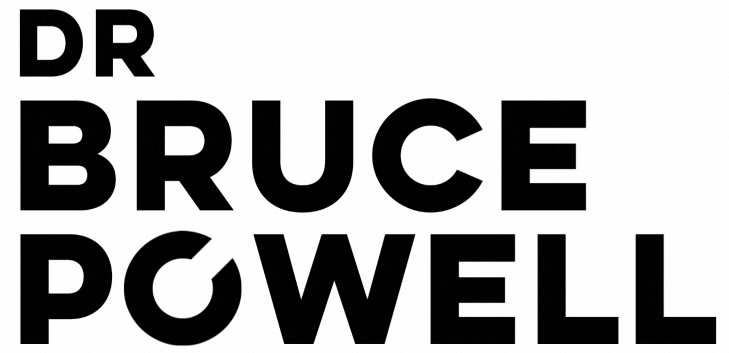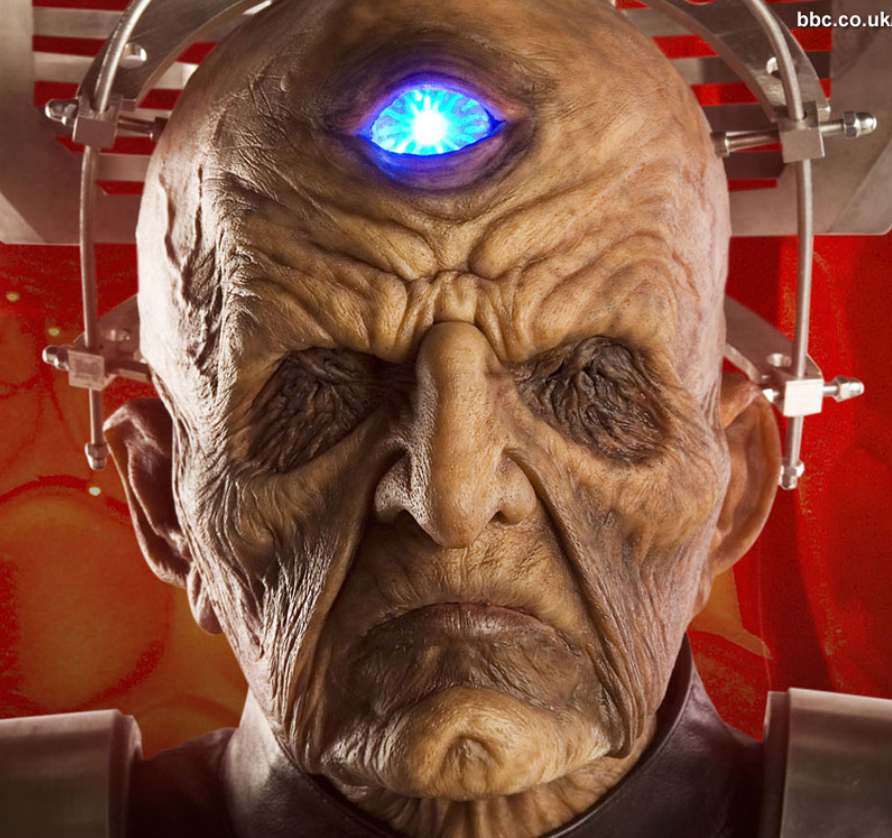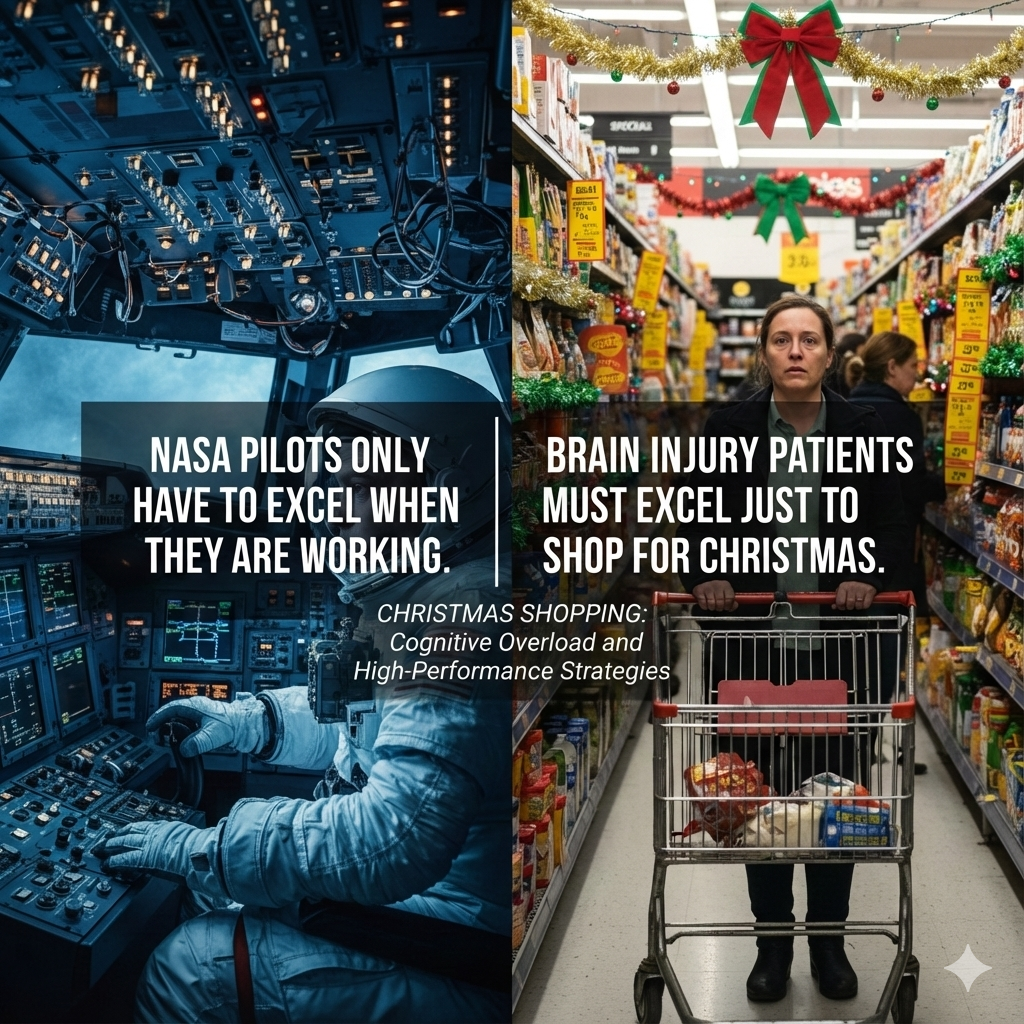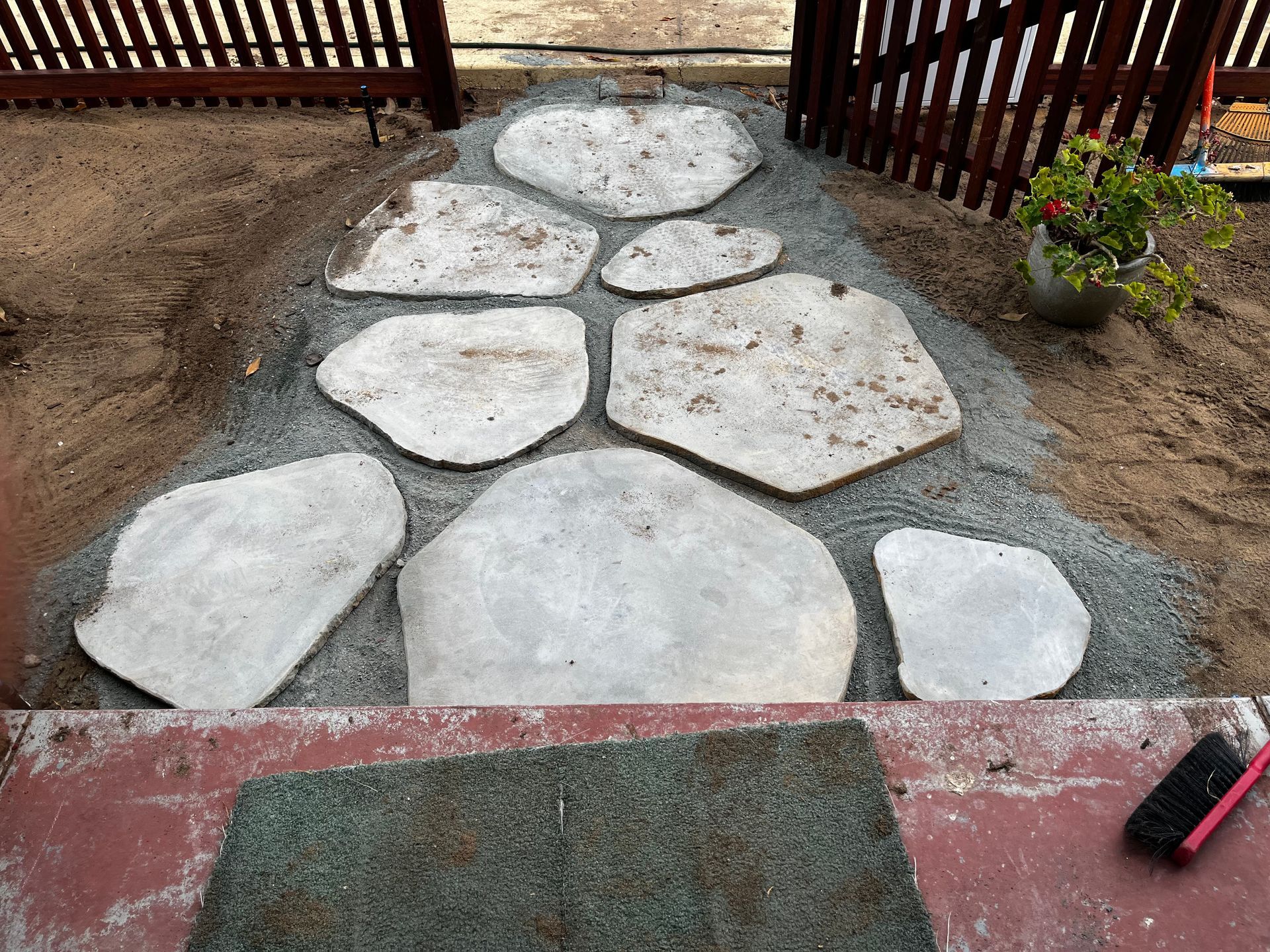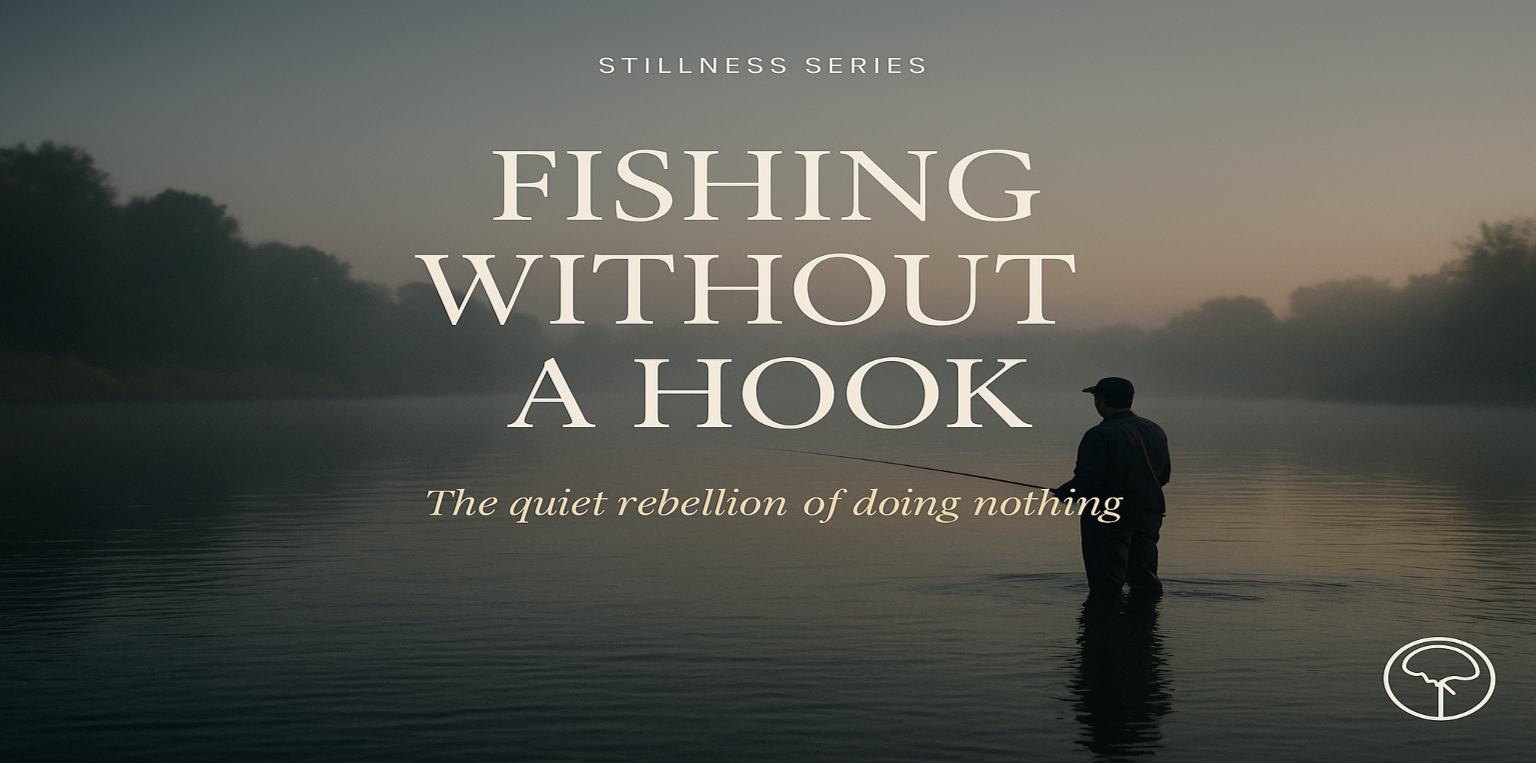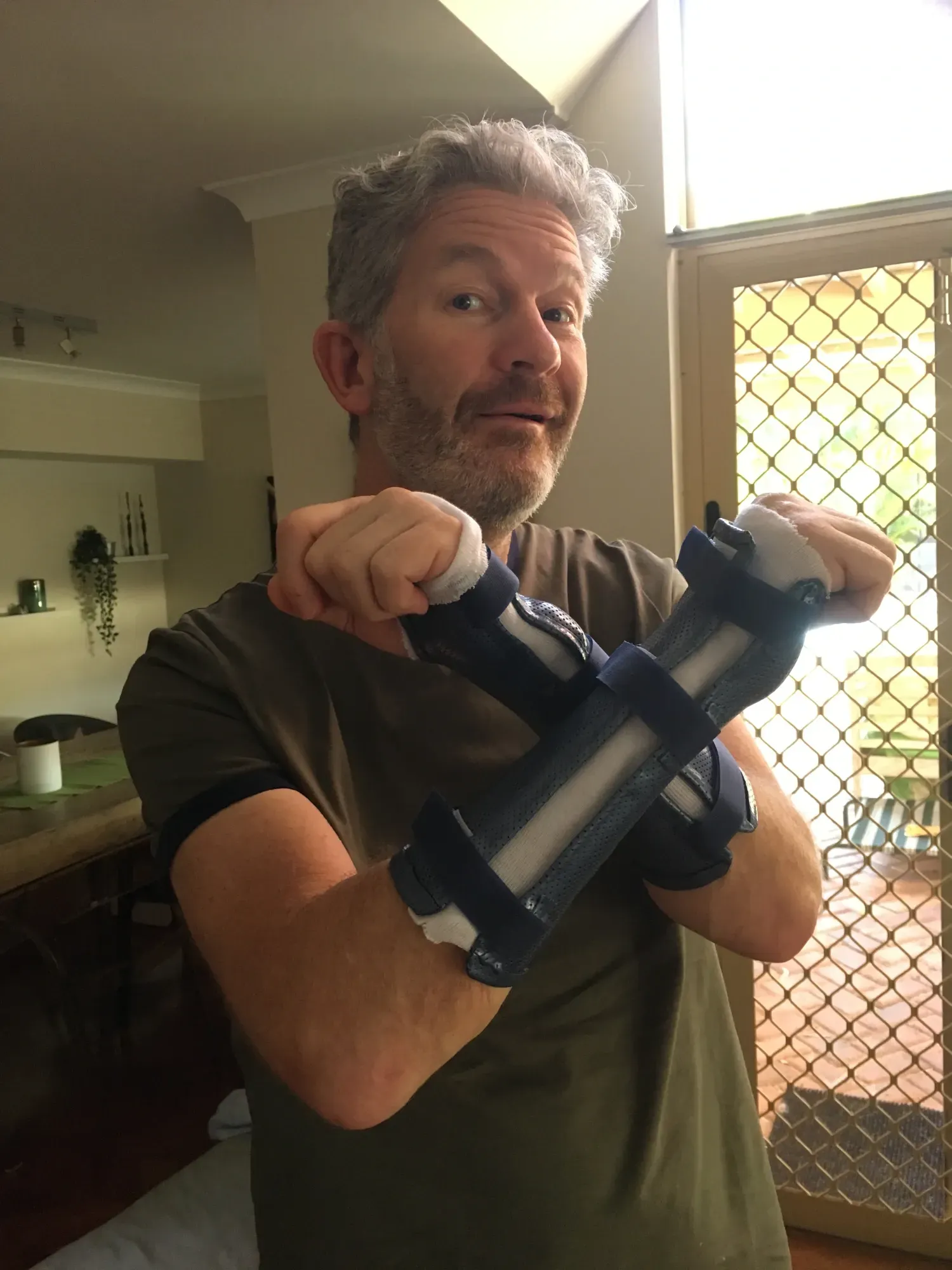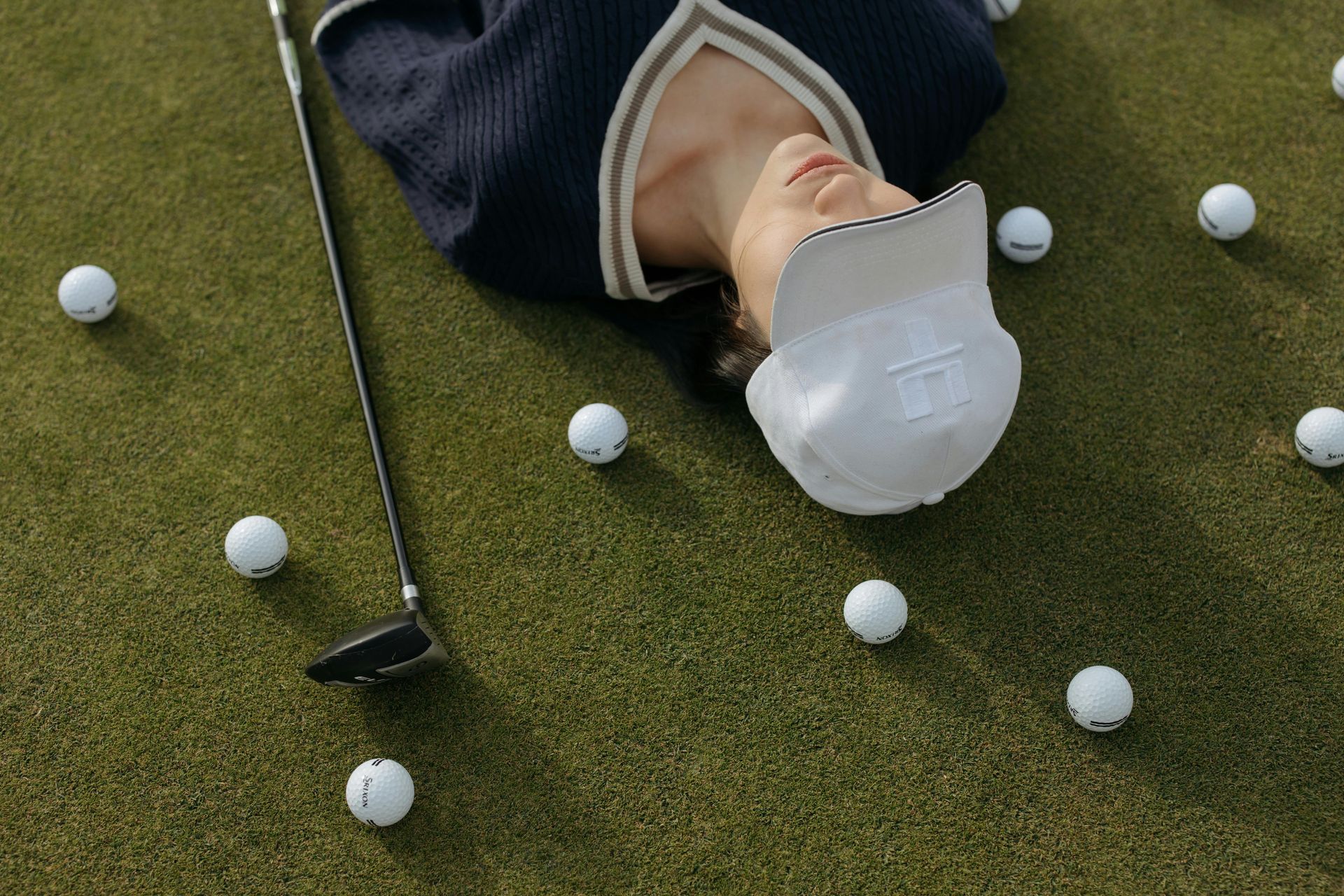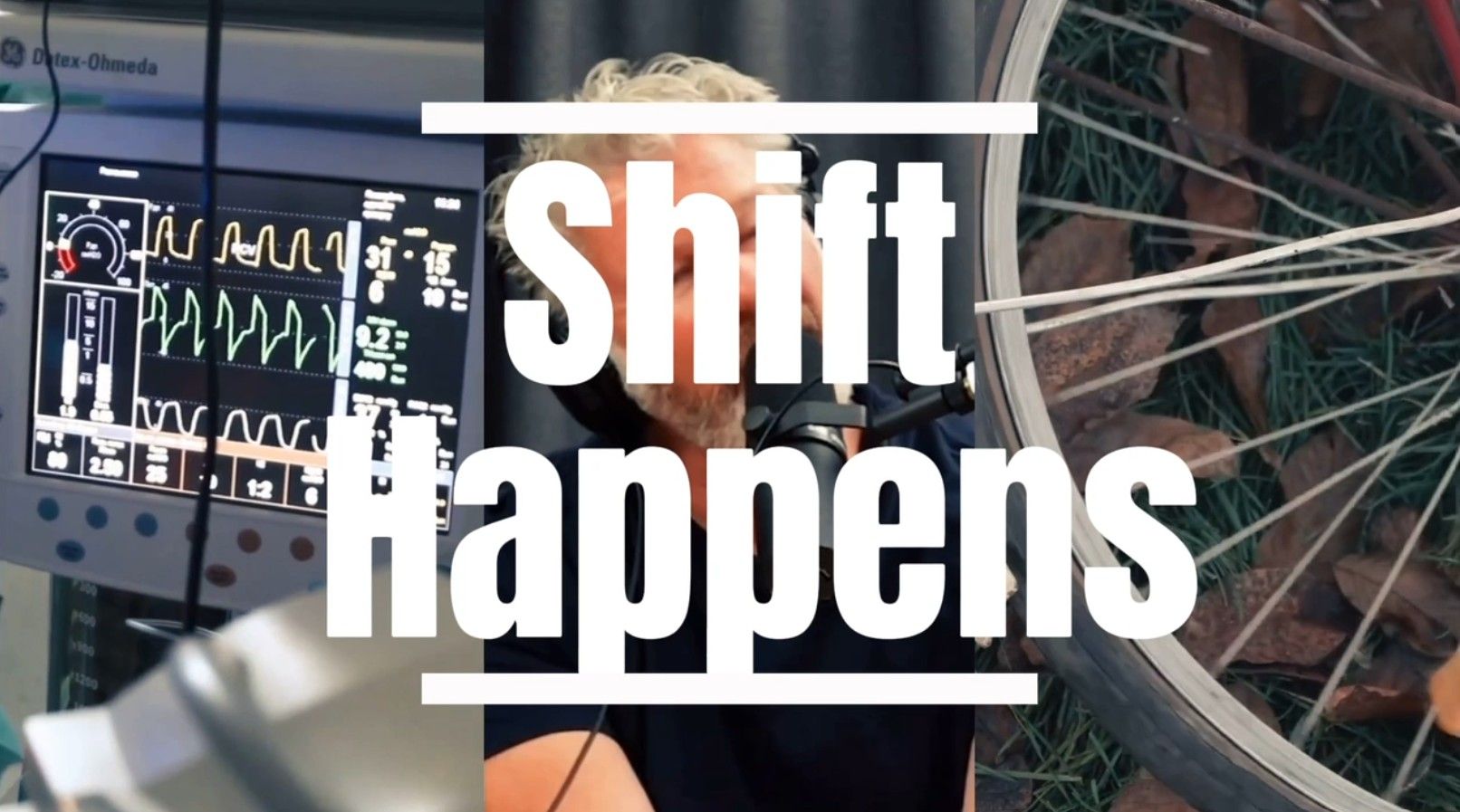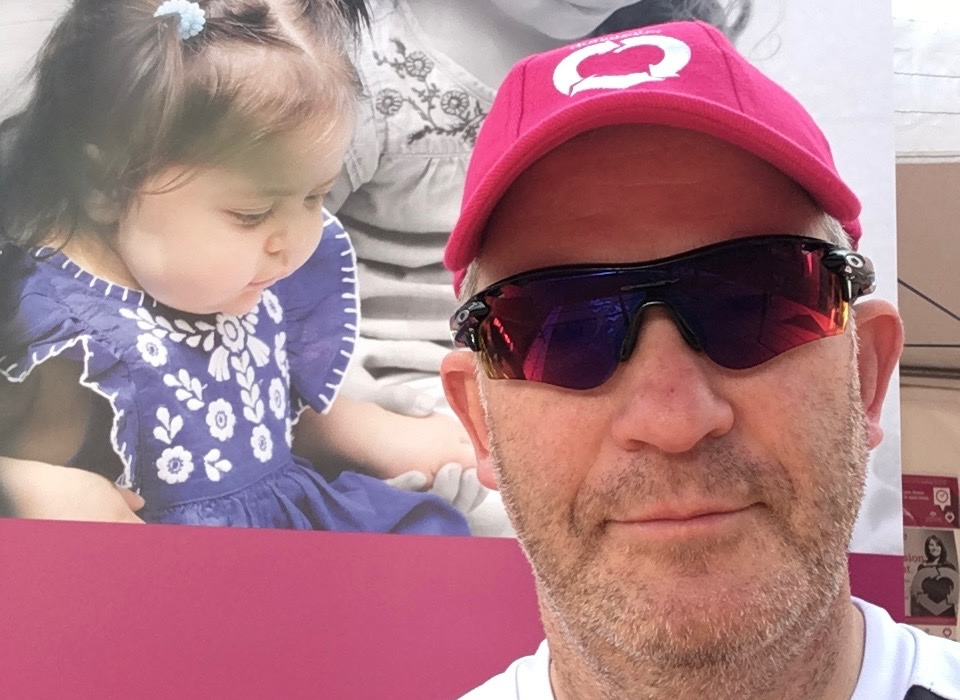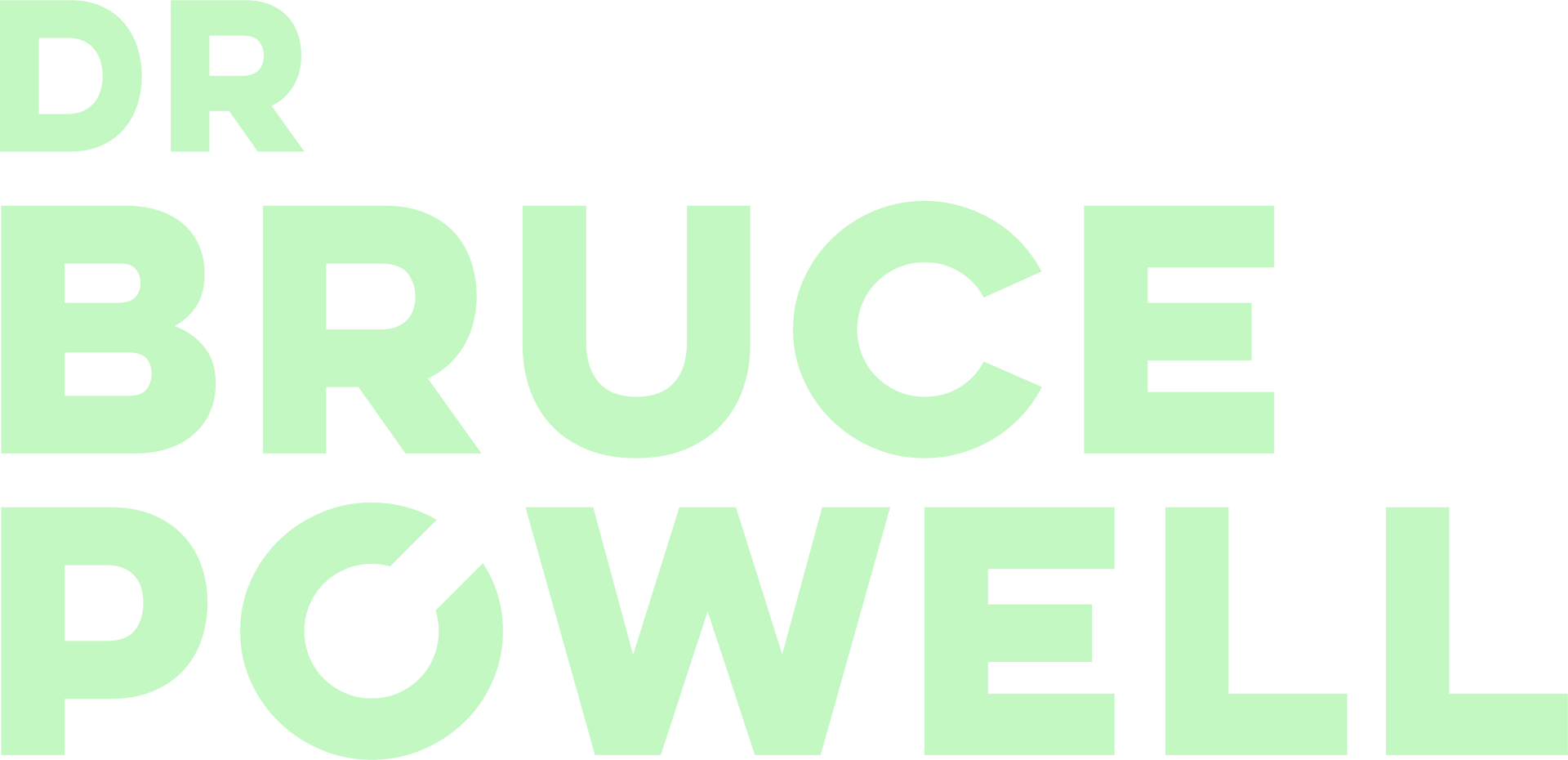Why do I forget? Understanding Memory, Brain Injury, and the Gift of Remembering
Why do I forget?
Memory, Brain Injury, and the Power of Remembering
We spend far more time worrying about why we forget than asking why we remember. Yet forgetting isn't failure, it's a key feature of our remarkable brains. Without it, our brains would be drowning in details that don't matter. Forgetting clears the clutter so that memory can prioritise what's essential: the choices we've made, the relationships we value, and the stories that shape who we are. Memory is not a static archive. It's a prism, refracting our experiences into coloured light, bending our view of the world, shaping our relationships, and even defining who we might become.
Why Do I Forget? The Function of Forgetting in Memory
We tend to treat forgetting as a flaw, but in truth, it allows us to focus. By letting go of the mundane, memory gives us space for meaning. This is why happiness comes not from what we experience but from what we remember. Our remembering self, not the experiencing self, decides whether life feels good.
The Brain and Memory: How Injury Changes What We Remember
The brain is a vast network of specialised regions, each performing unique tasks. The prefrontal cortex acts like the CEO, coordinating all the divisions. But this area is fragile: the last to mature in childhood, the first to decline with age, and easily affected by trauma or infection. After a brain injury, memory can change dramatically — sometimes fading, overgeneralising, sometimes distorting.
Episodic vs Semantic Memory: Two Ways of Knowing
Neuroscientist Endel Tulving distinguished between two kinds of memory.
- Episodic memory lets us mentally travel back to relive experiences: a wedding, a childhood adventure, a loved one's death.
- Semantic memory stores knowledge outside of time and place: who won the World Cup in 1966, or the square root of 144.
Both are essential. Episodic grounds us in lived experience, while semantic equips us with transferable knowledge.
The Role of the Hippocampus in Forgetting and Remembering
The hippocampus is like a time machine, linking fragments of sensory and emotional experience stored across the brain. It indexes them by time and place, so recalling one fragment can bring others tumbling out. Slice an orange at a picnic, and suddenly you're remembering the football game that followed. Most everyday forgetting happens not because memories are gone but because the path back is blocked. Provide the right cue, and even long-buried experiences return.
Why Context Matters in Memory Recall
Context is everything. When a conversation shifts or a surprise occurs, we hit an event boundary. This mental fence makes it harder to recall what came before. Forgetting in these moments is not a loss but the brain reorganising, preparing for the next challenge.
Is Memory Reliable? Forgetting, Imagination, and Distortion
We like to think of memory as a photograph. It's more like an impressionist painting: part faithful, part imagined, stitched together by motives and emotions. That flexibility makes us creative, but also vulnerable to distortion.
Brain Injury, Trauma, and Remembering Too Much
For people living with PTSD or brain injury, the challenge is often not forgetting but remembering too much. Traumatic events are stored vividly, sometimes triggered by cues only loosely connected to the original trauma. The brain overgeneralises, producing flashbacks and disorientation. Yet memory is plastic. Psychotherapy, storytelling, and even writing can help us reframe painful memories. The goal is not to erase but to update and thereby place the past in a new perspective.
How Memory Shapes Identity and Collective Stories
Memory is also social. Families, communities, and nations build collective memories that shape identity. Retelling our stories constantly reshapes them, sometimes reinforcing bias, sometimes creating space for healing. Forgetting the trivial and remembering the essential keeps us grounded, connected, and imaginative.
Forget the Burden, Remember the Gift
So why do we forget? Because it allows us to remember what matters. Memory is imperfect, but that imperfection is a gift. It keeps us adaptable, creative, and deeply human. For anyone living with a brain injury or trauma, memory may feel like an unreliable partner. Forgetting aspects of our earlier life, details of our injury, or who we were, feels like failure.
We are not alone in forgetting. It’s a gift not a burden. Our memory’s unconscious flaws provide the opportunity to grow, to imagine, and to redefine who we are.
To explore more about the journey of recovery, see Rehabilitation after Brain Injury article.
